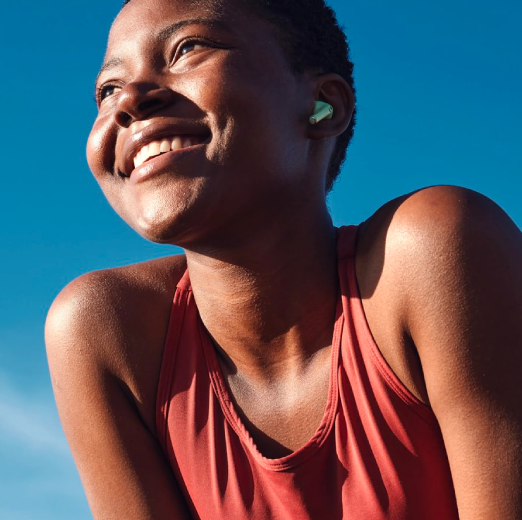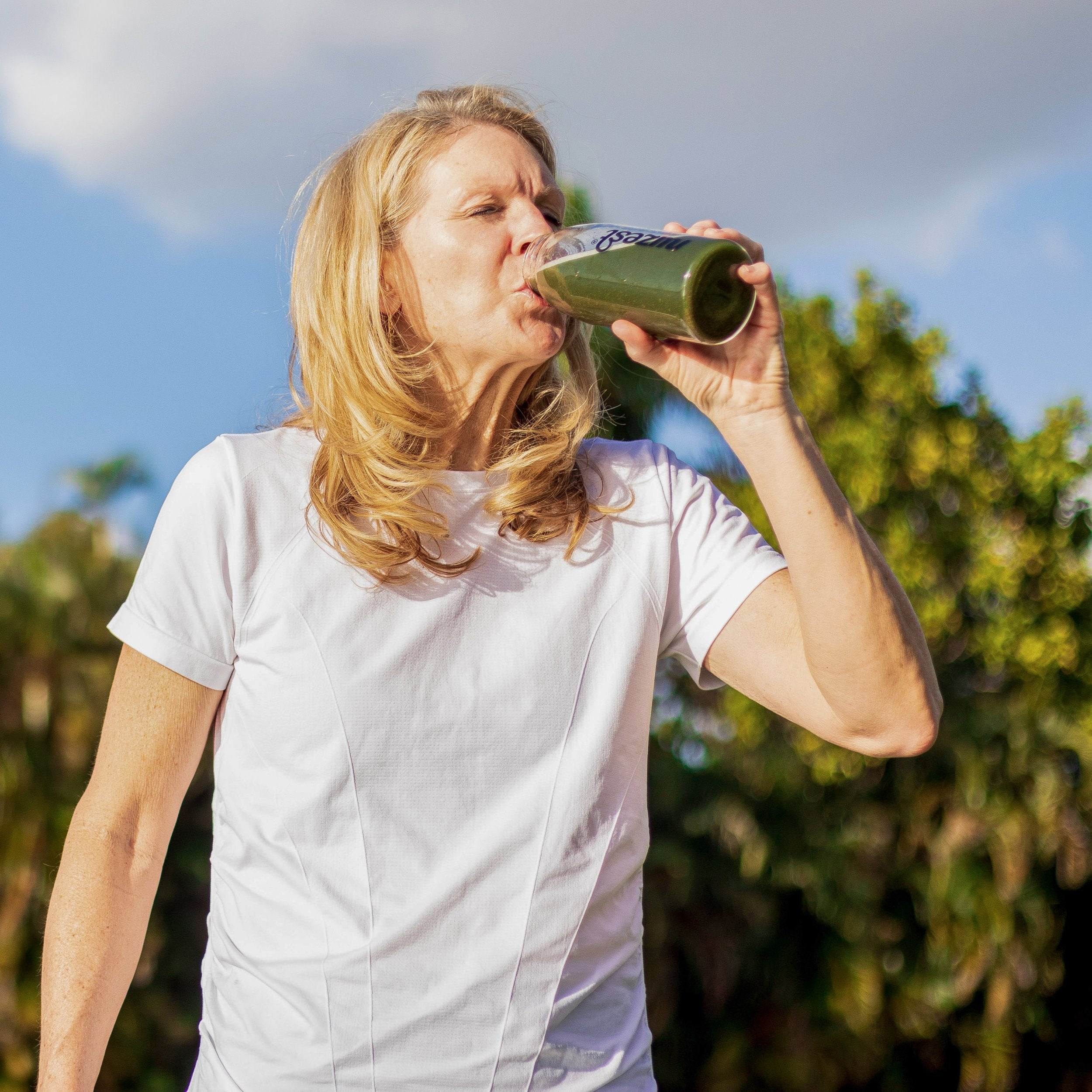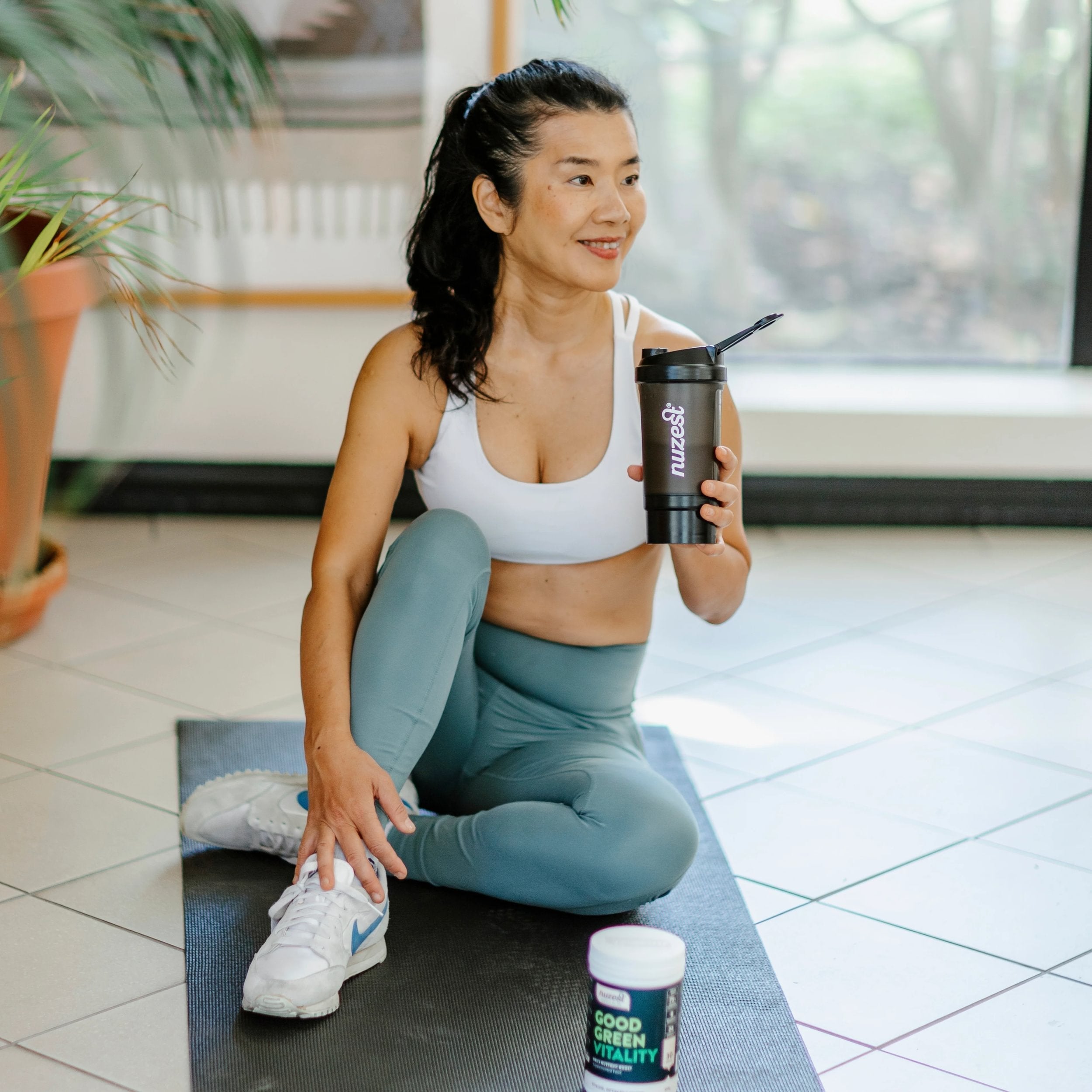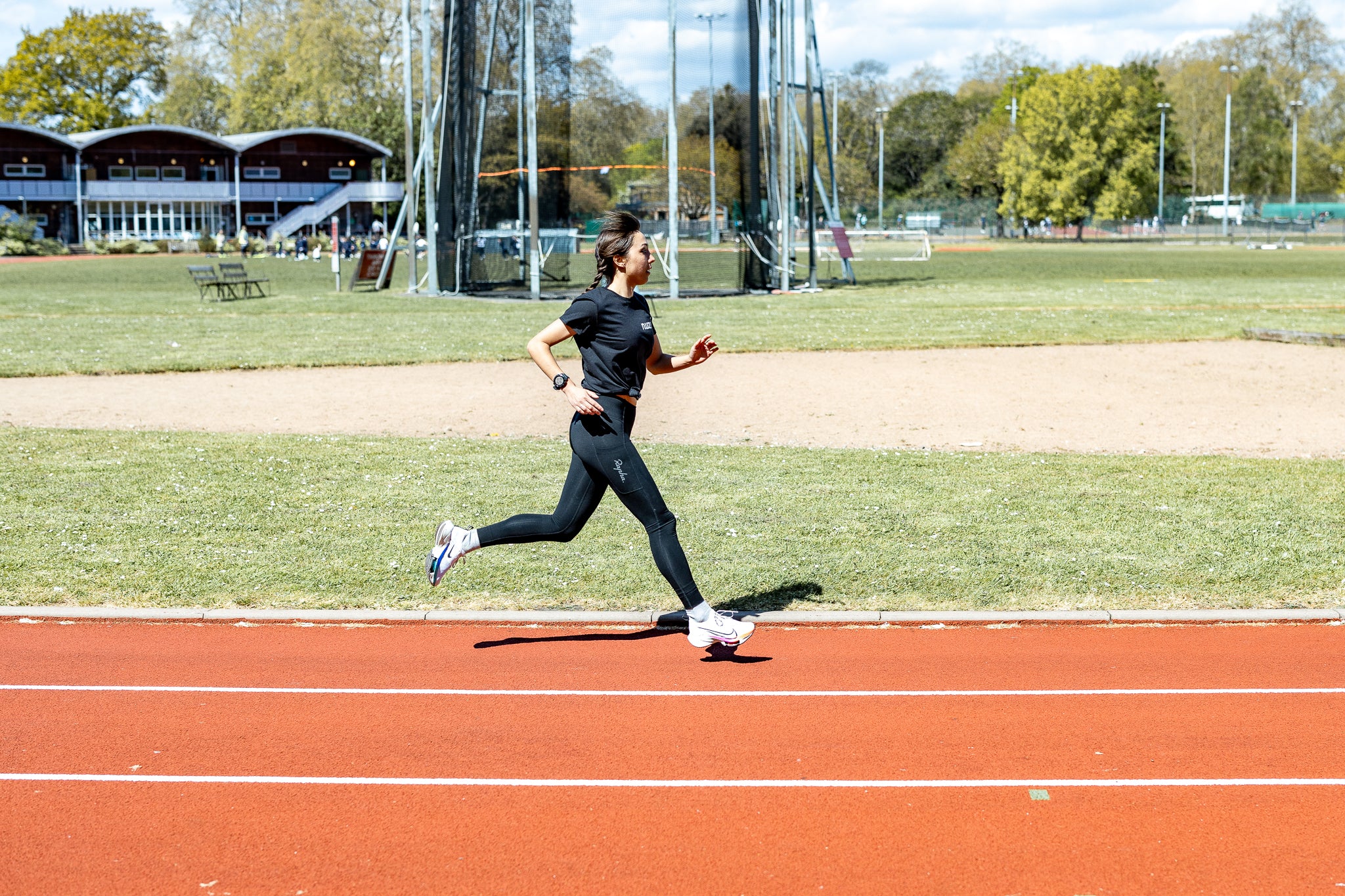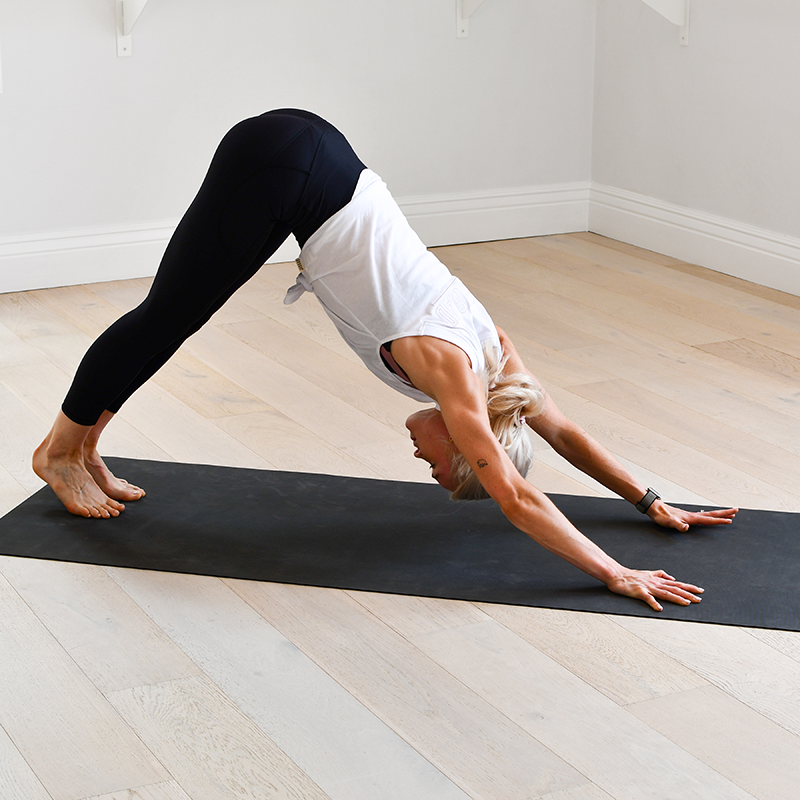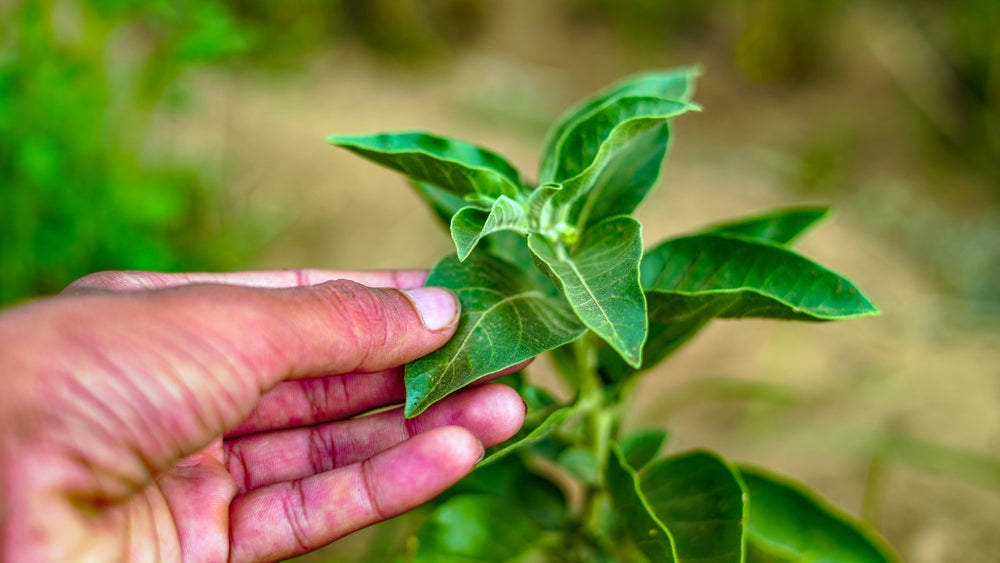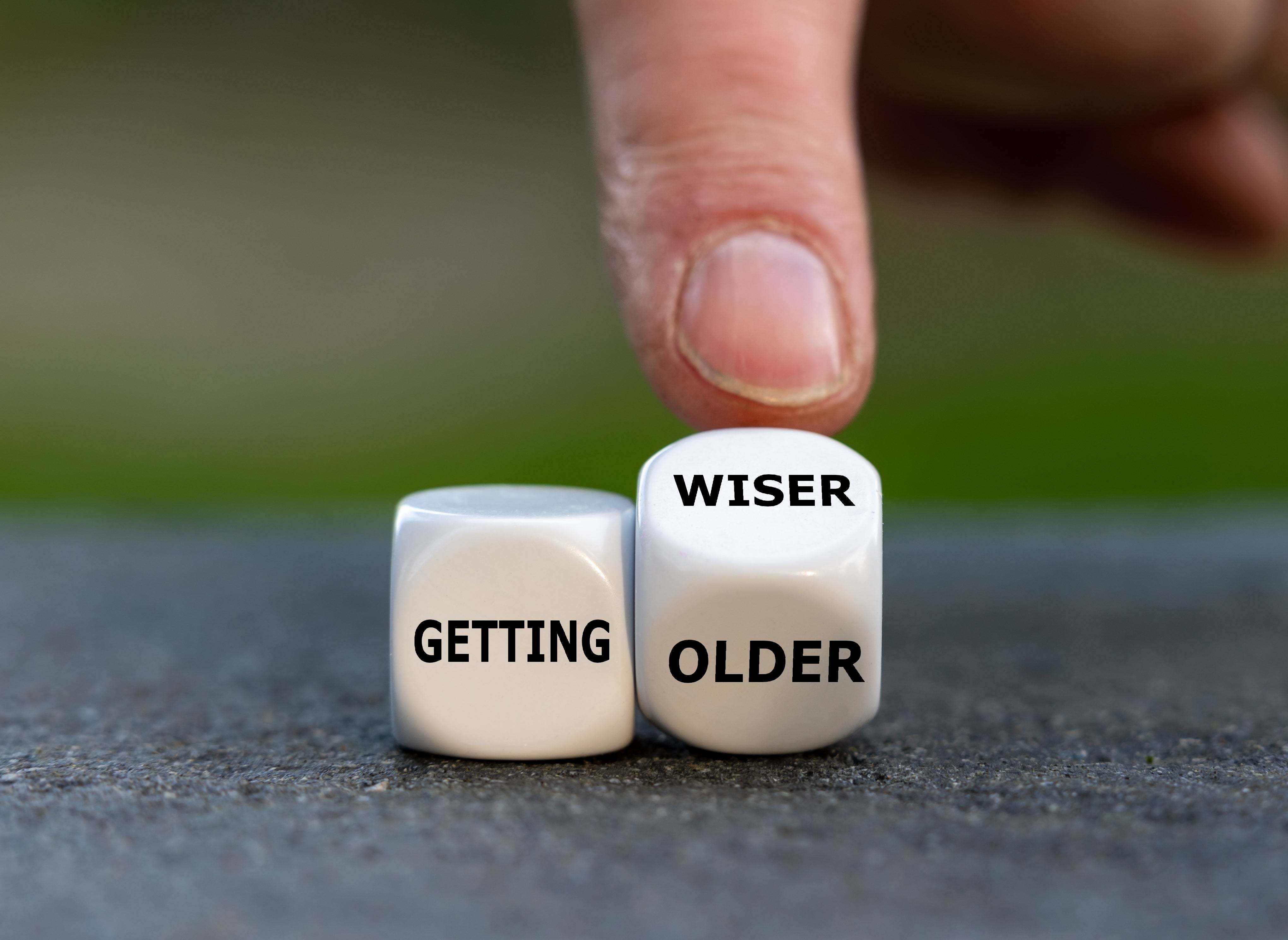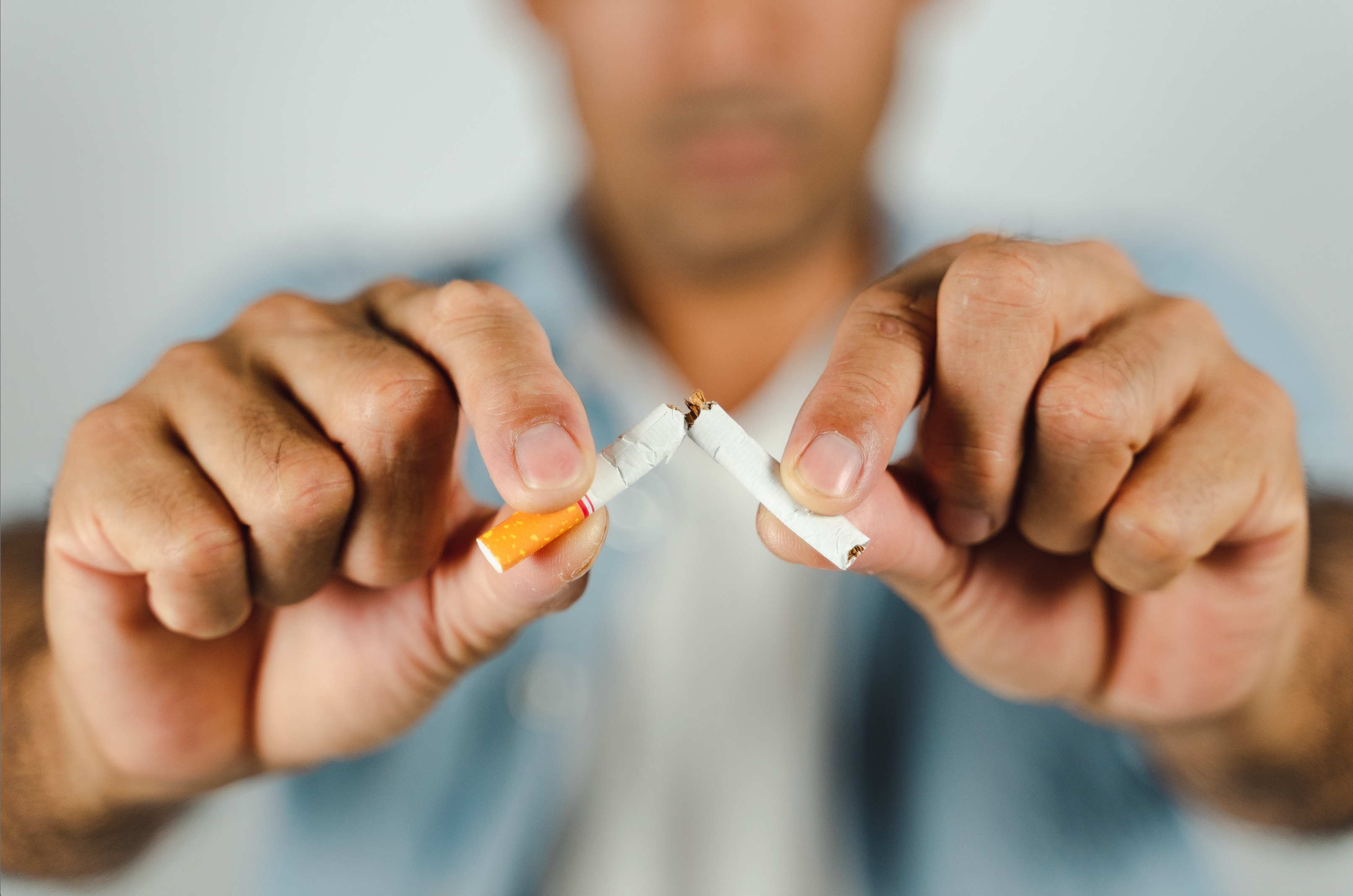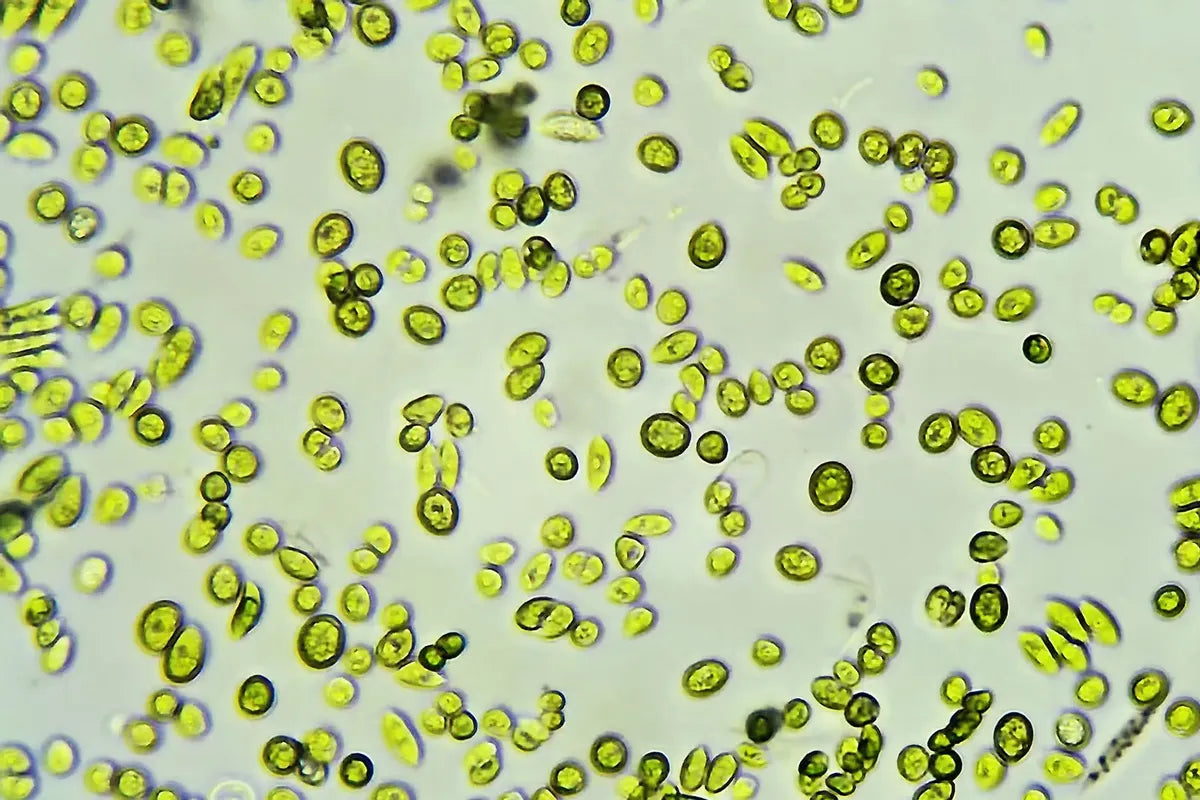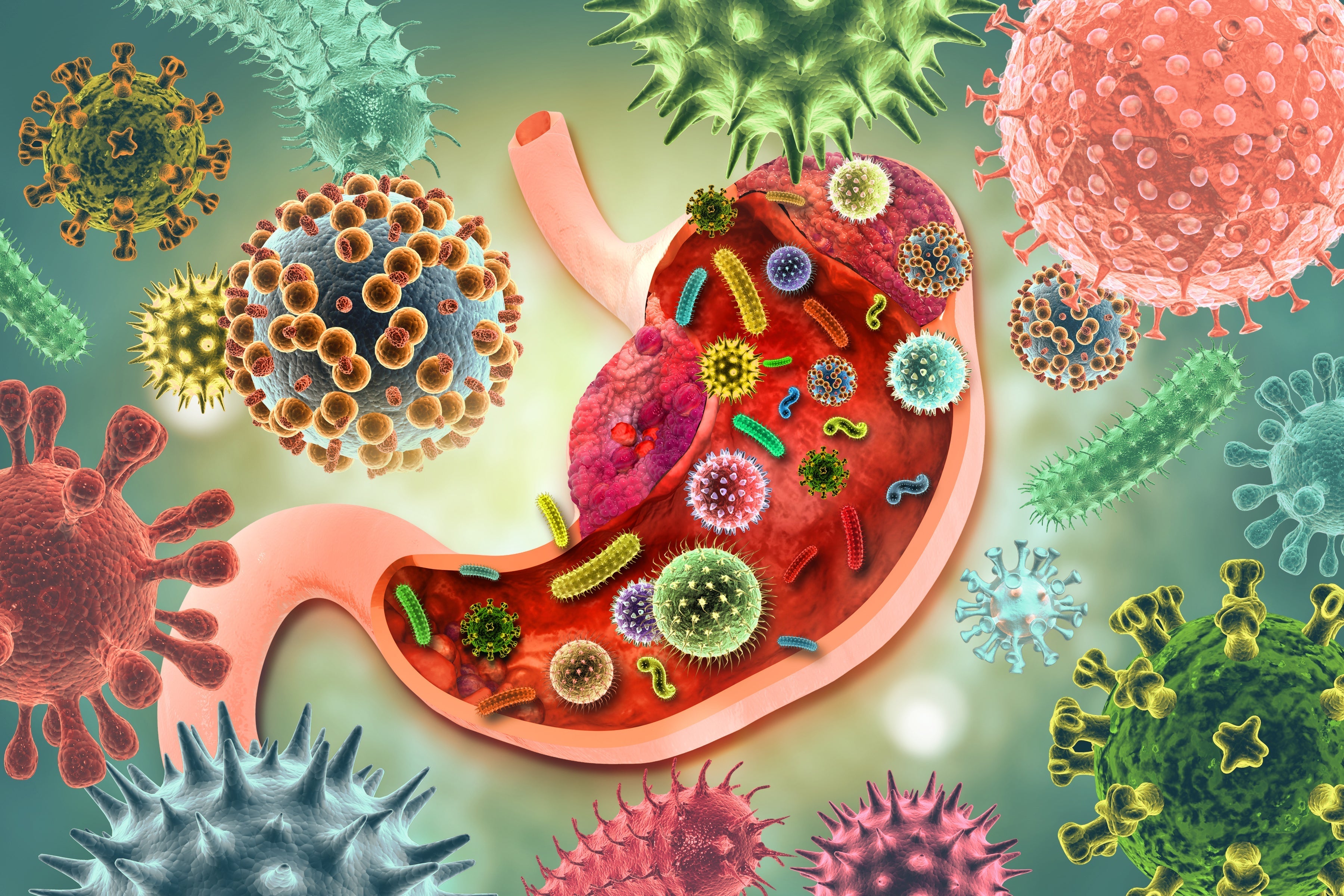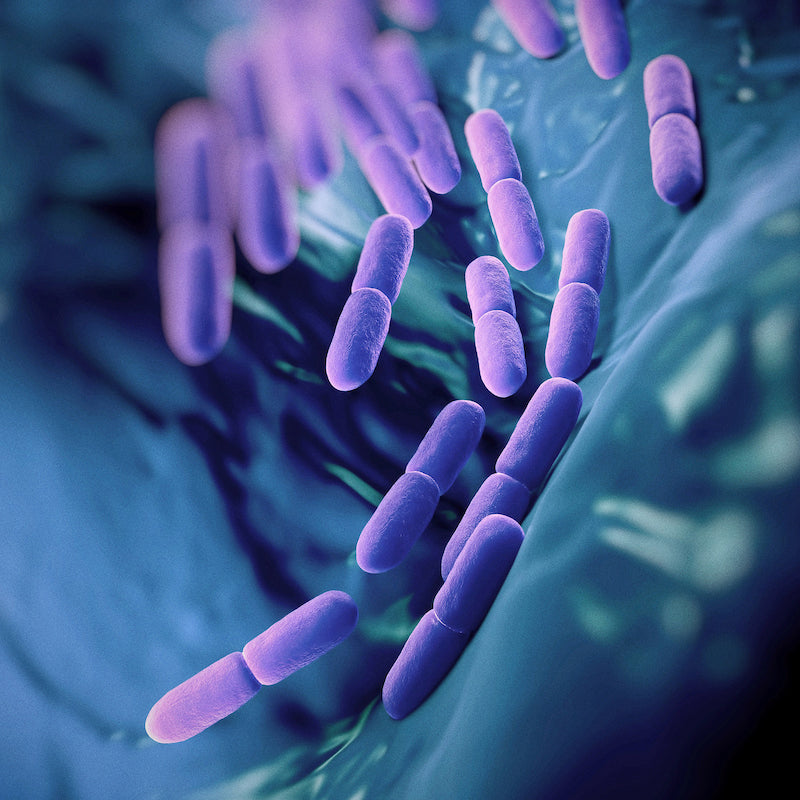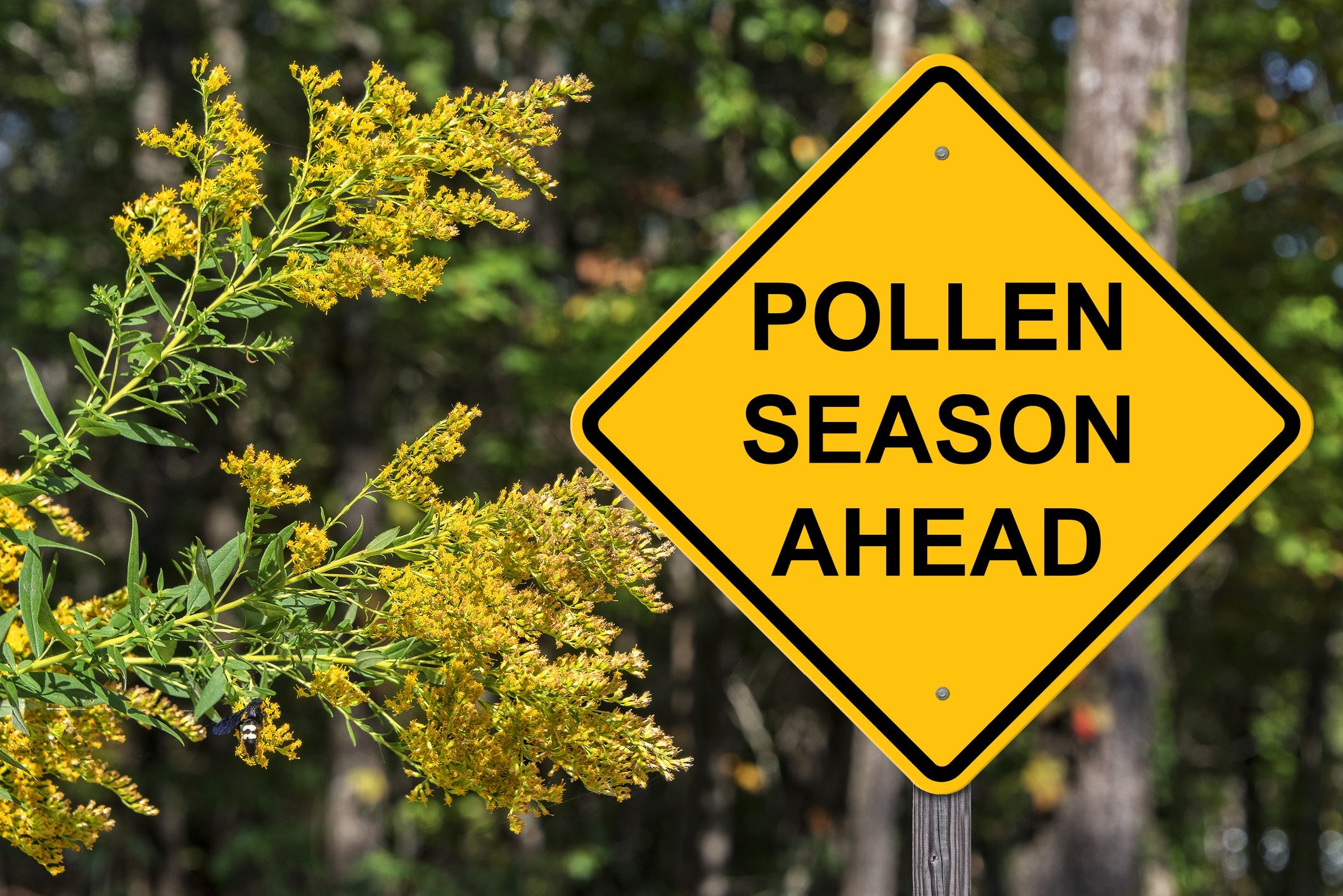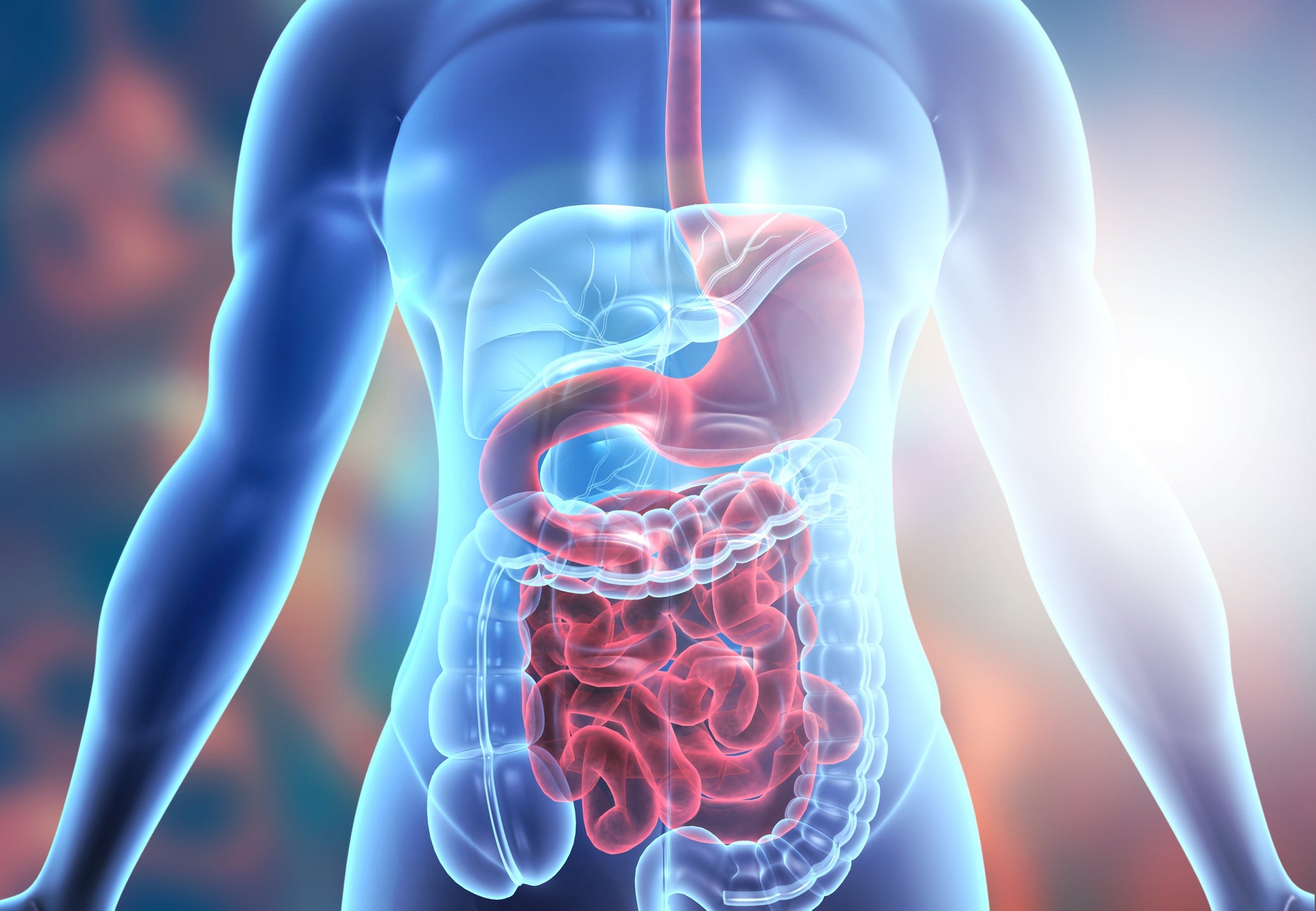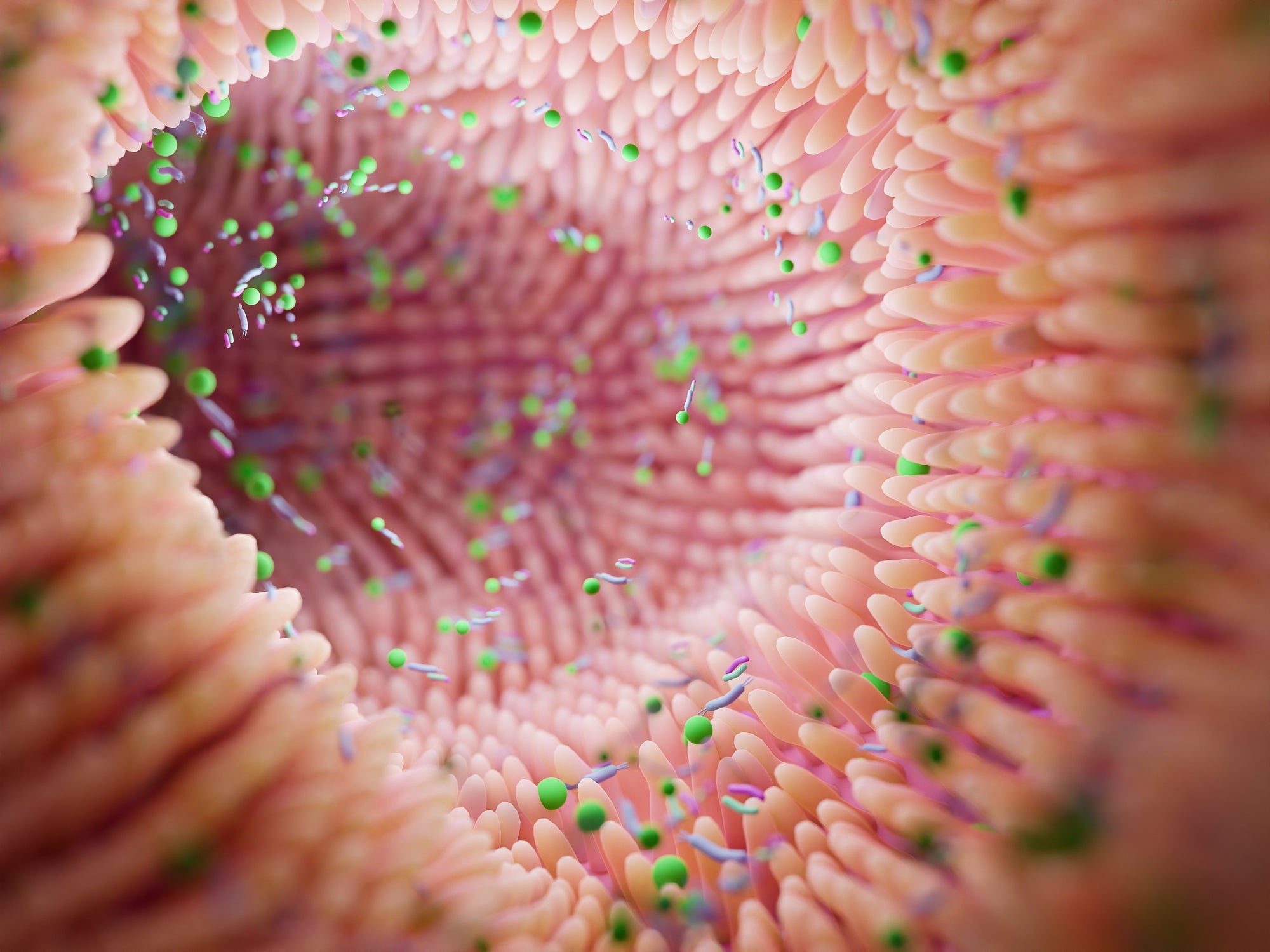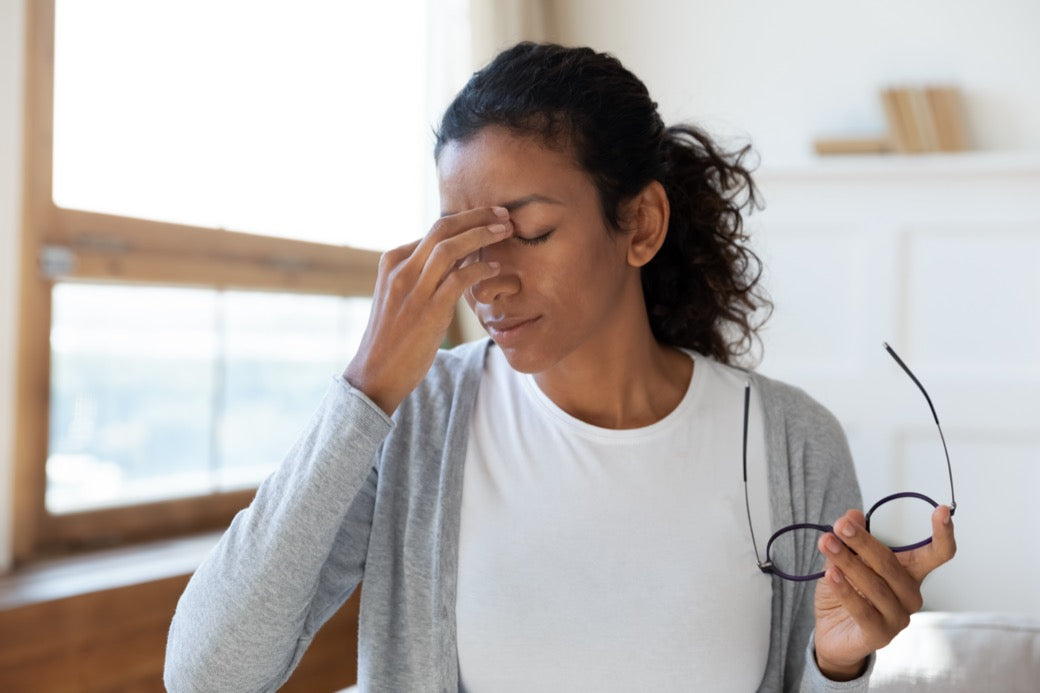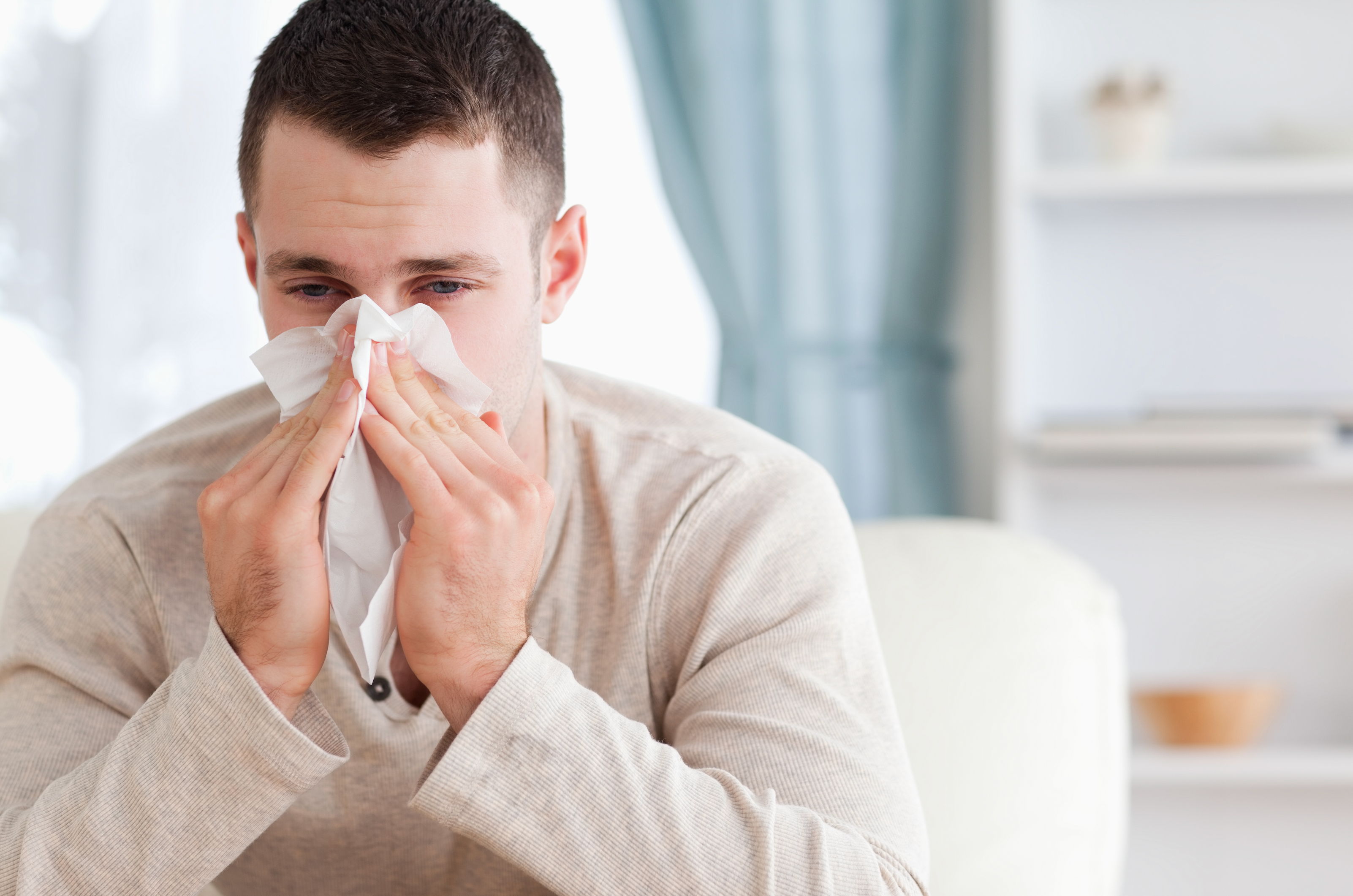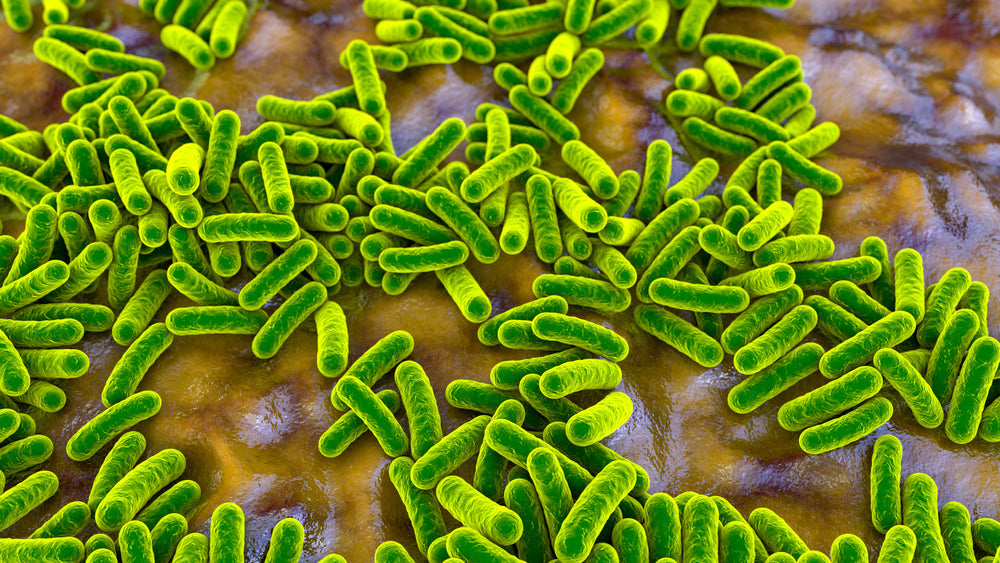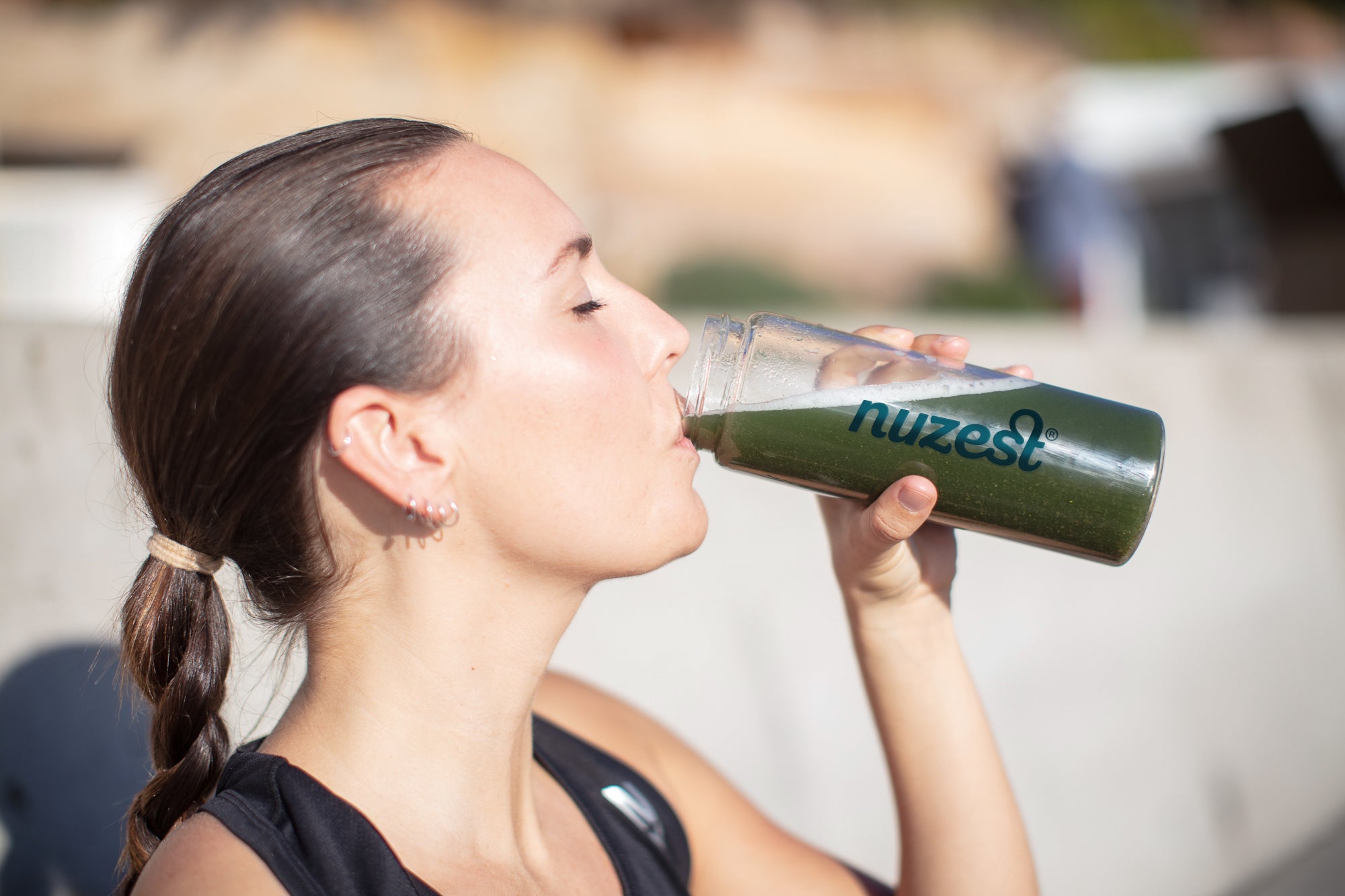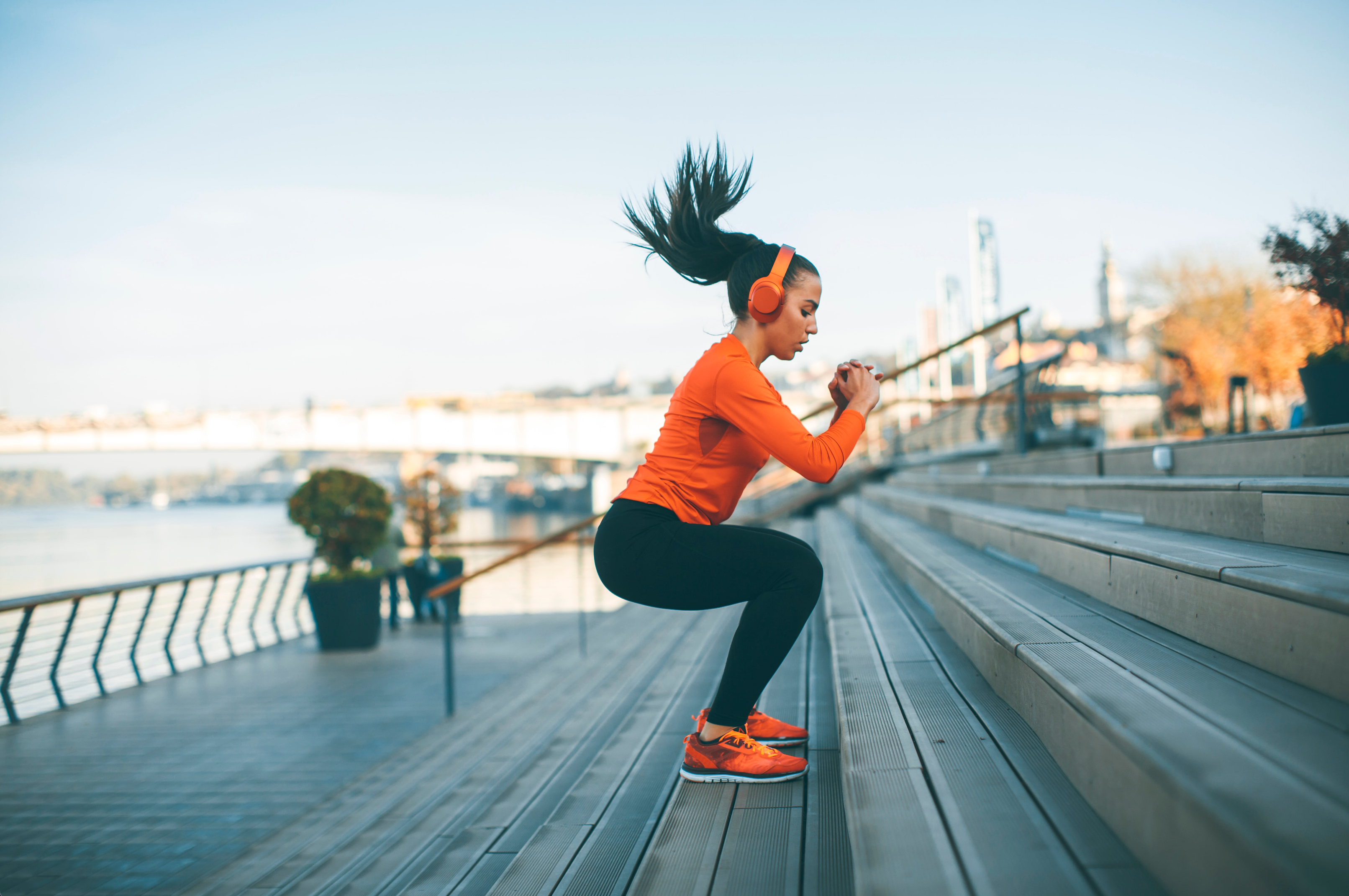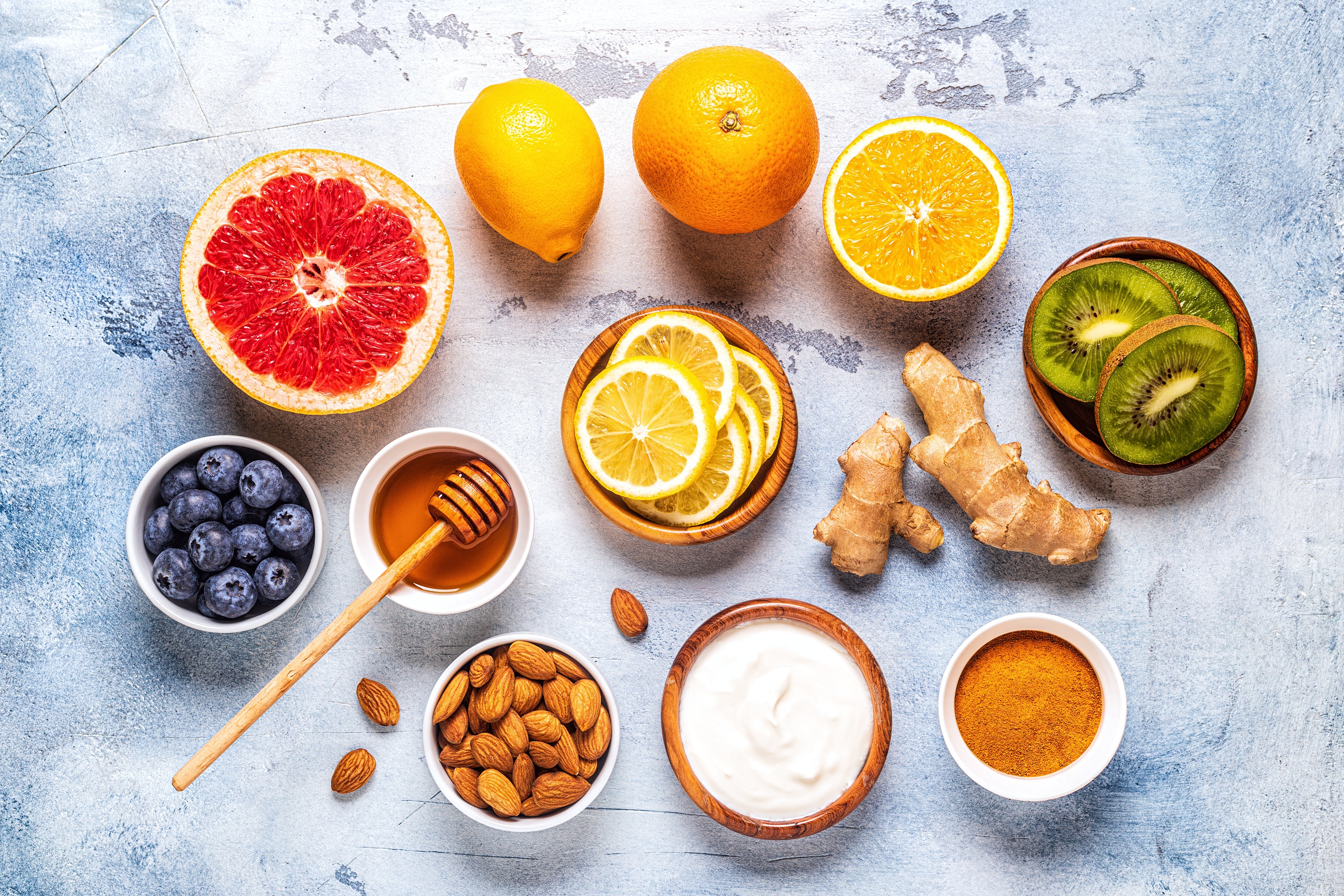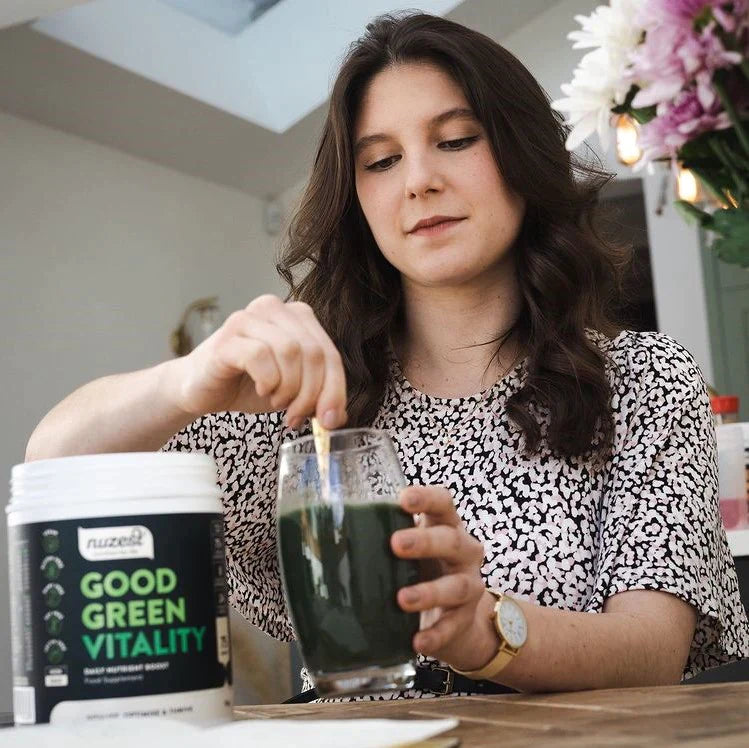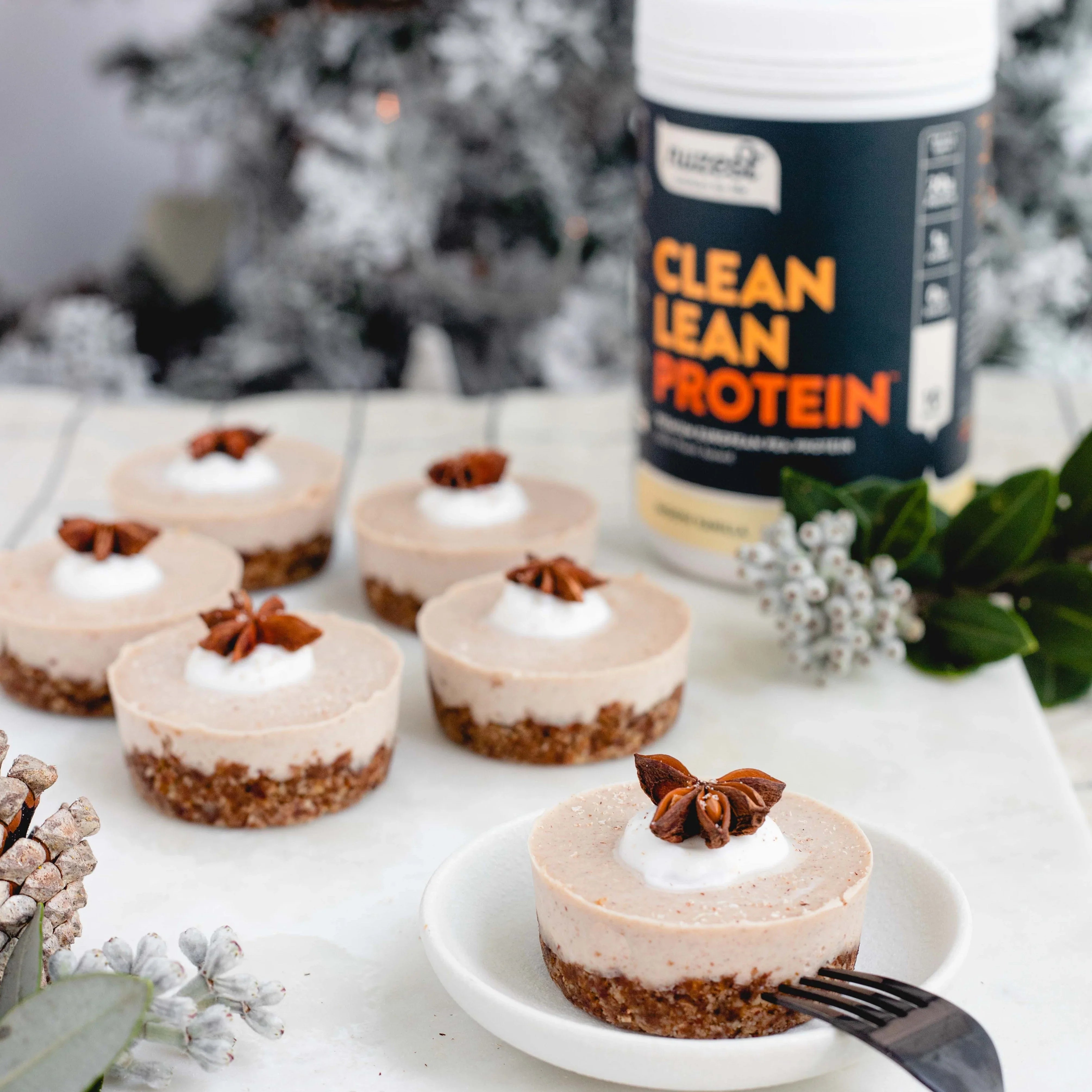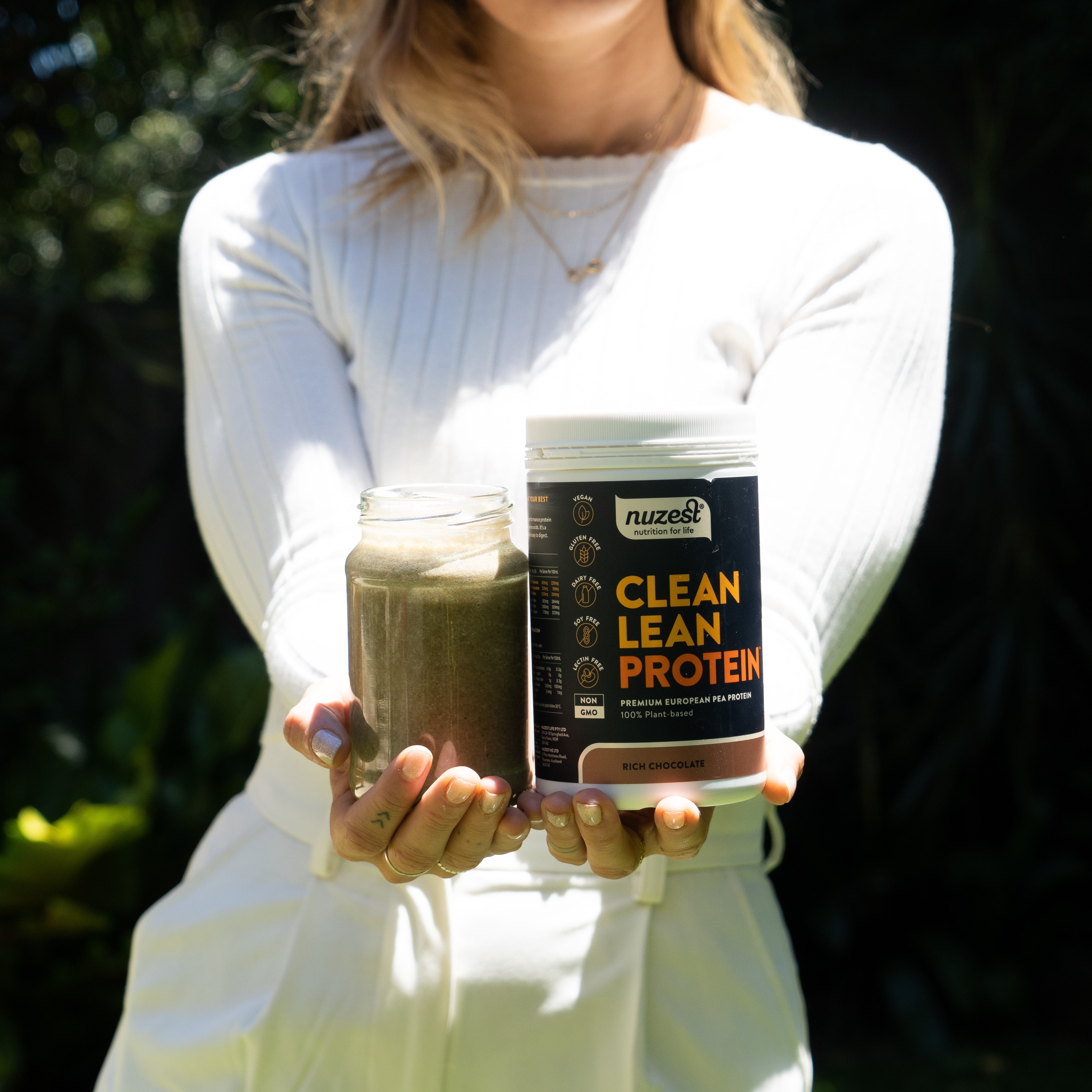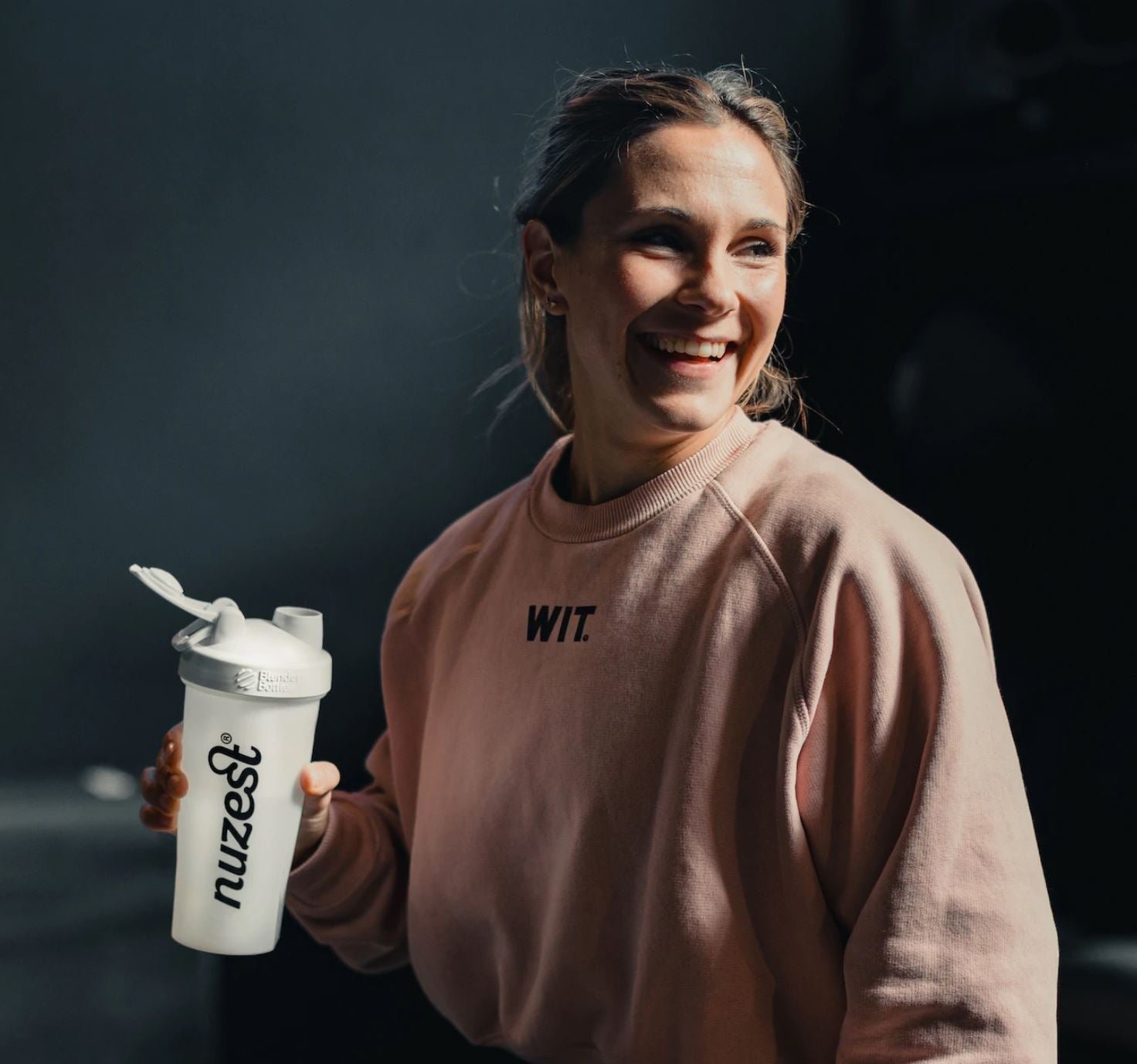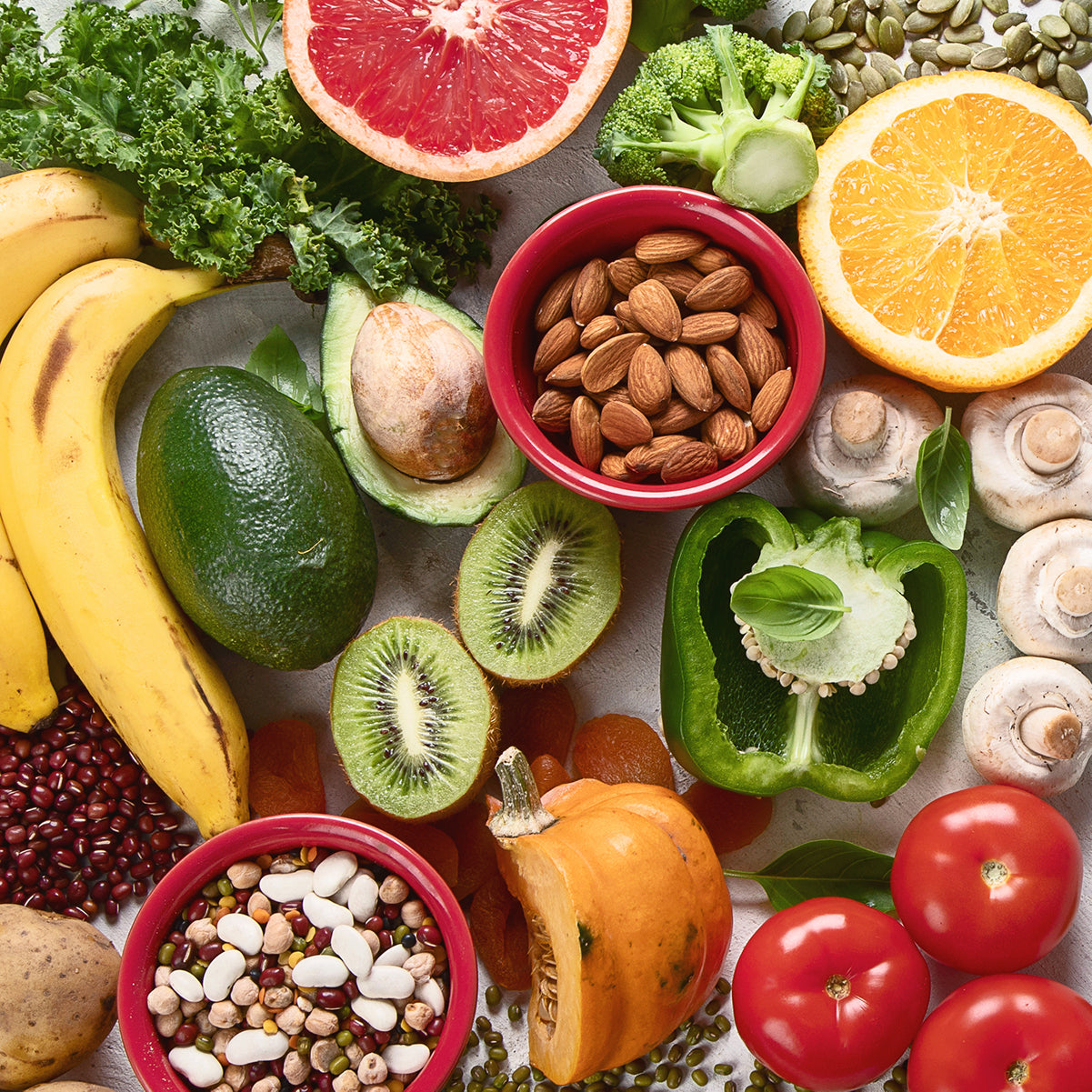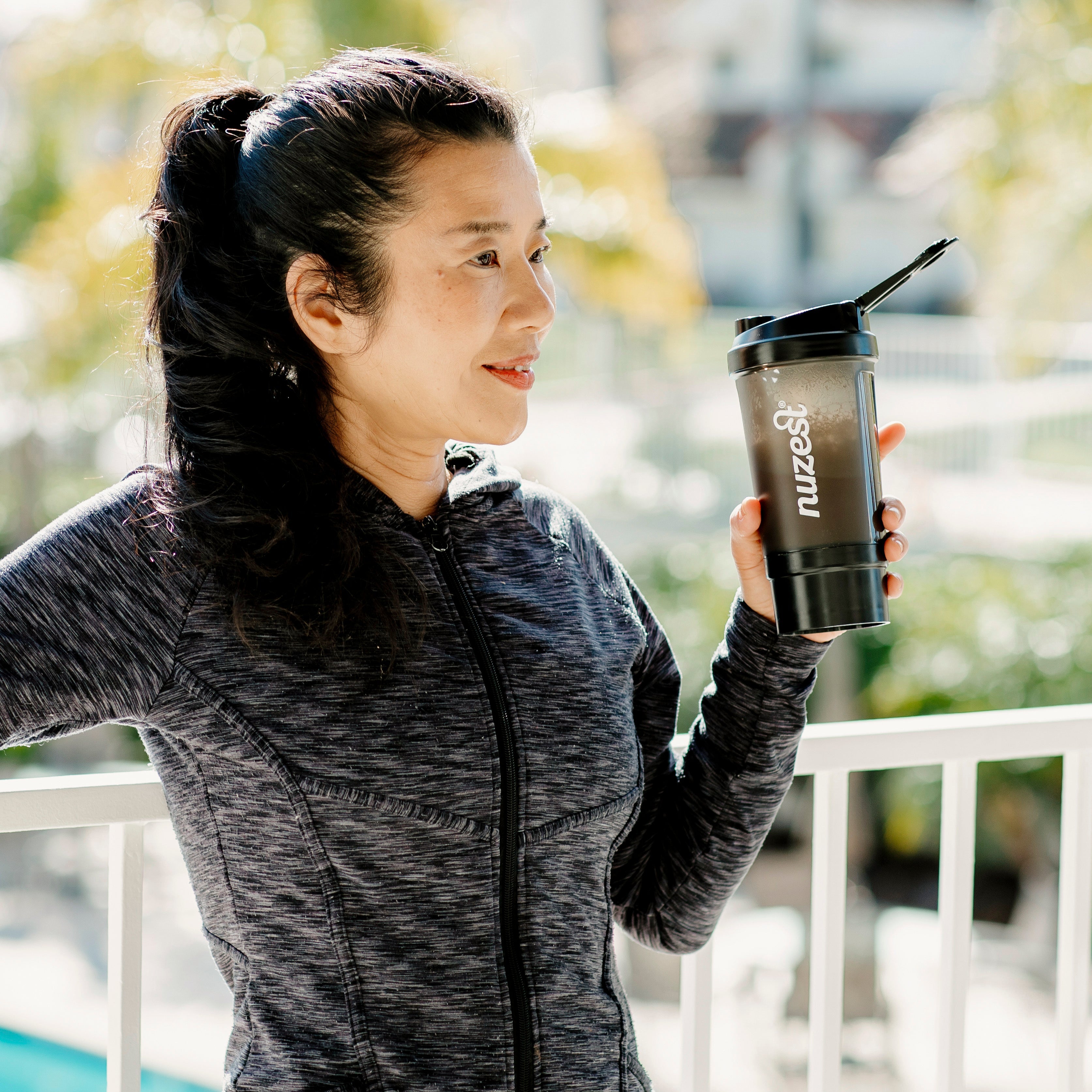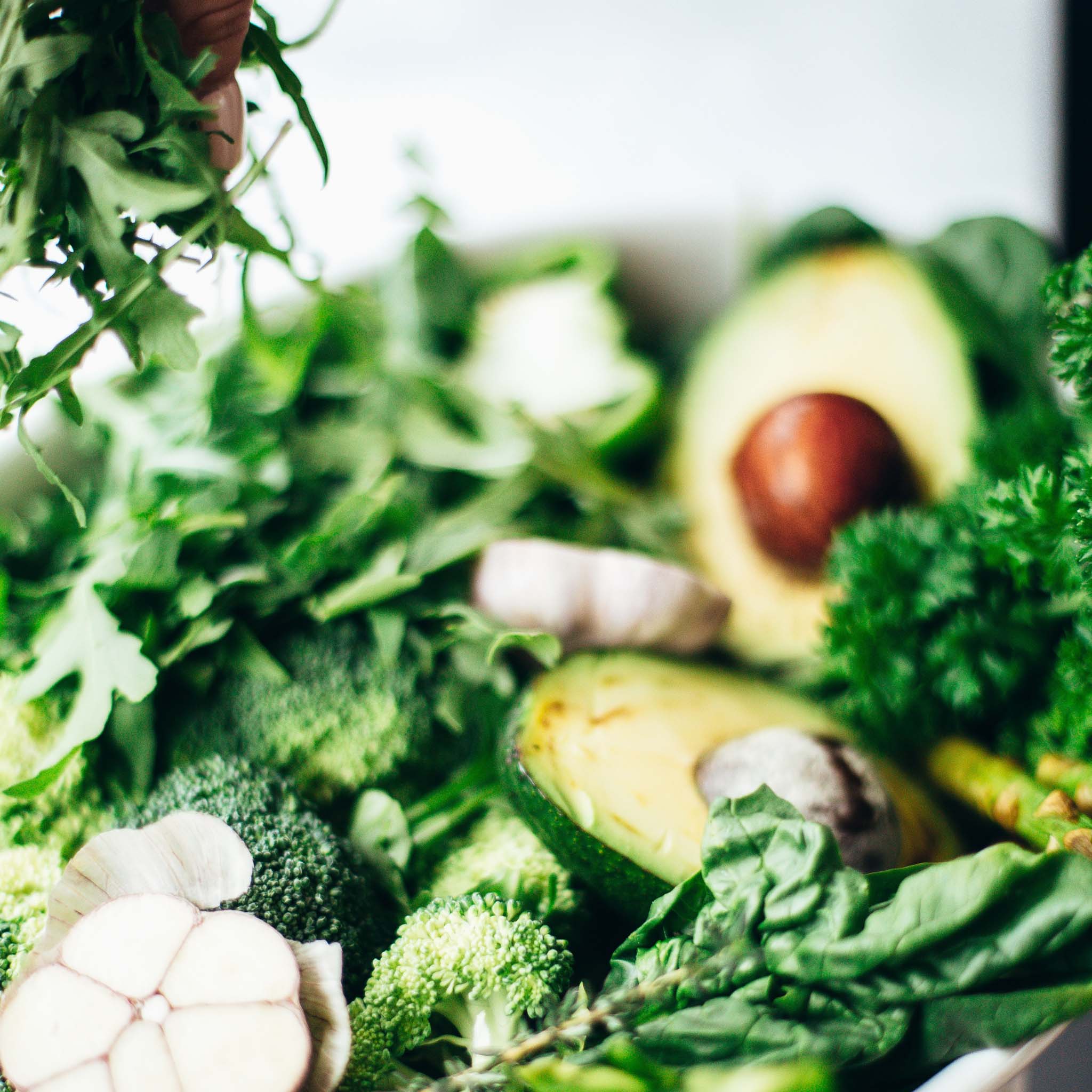Author: Megan Jones (Adv.Dip.NutMed, BHsc.NutMed)
How we recover from illness or injury
Whether you have had a cold, sustained an injury, or just hit the gym for a weights session, your body has the amazing ability to recover and repair itself. It will do everything it can to return to a healthy state of balance.[1]
Our bodies need time, however, to heal. Recovery is a process which includes refuelling through nutrition, hydration, adequate rest, regeneration, repair and resynthesis of muscle or tissue, as well as reduction of inflammation and restoration that ultimately returns us to a state of equilibrium, or “homeostasis”.[2][3]
Here, we take a deeper dive into the importance of optimising nutrition and rest during recovery from illness or exercise, how supplements like Nuzest’s Good Green Vitality and Clean Lean Protein can aid and accelerate recovery, and how the right approach can not only refuel and replenish the body, but speed up recovery time as well.[3]
Key takeaways:
- When we are recovering from illness or exercise, our bodies require adequate nutrition, hydration and rest in order to return to a balanced state, aka “homeostasis”1
- Optimising both macro and micronutrients during recovery is key8,9,13,14
- Supplementing with a multi-nutrient formulation like Nuzest’s Good Green Vitality can fill any nutritional gaps and promote recovery15,16
- Adequate sleep can support muscle synthesis and repair when recovering from strenuous exercise19
How can nutrition help recovery?
Most of us know that regular exercise is important for long-term health and wellbeing. Gentle to moderate exercise can also help the body to reduce inflammation and regulate stress levels, all of which are favourable for an optimal state of health.[4]
When moderate exercise becomes intense, or even if you have been suffering a bout of sickness, nutritional demands for both energy and nutrients become even higher.[5][6]
Optimising nutrition during this time is key, as it can not only support but also improve recovery by providing the body with the essential nutrients that are required. It can also help to replenish lost glycogen stores and repair damaged muscle fibres, leading to quicker recovery time and improved performance.[7]
The right balance of protein, fats, and carbohydrates, along with adequate hydration, can help improve the body’s energy production, performance, reduce muscle soreness, recover, and promote overall health and wellbeing as well.[8][9]
Alongside the optimisation of macronutrients (protein, fats, carbohydrates), focussing on a wide variety of micronutrients can help with:
- Energy production - to support a reduction in fatigue[3][1]
- Muscle tone reparation and strengthening[1][2]
- Recovery from wounds and infections[1][0]
- Immune support when recovering from illness or infection[1][1]
Arguably the best way to increase our micronutrient intake is by consuming an array of brightly coloured fruits and vegetables daily. Plants, which include fruits, vegetables, nuts/seeds, whole grains, beans, herbs and spices are filled with phytonutrients, or “plant chemicals”, that are responsible for their differing colour, smell and taste; each seeming to act in slightly different protective ways at a cellular level.[13][14]
However, when diet alone doesn’t quite meet the body’s nutritional requirements, supplements, as the name suggests, are able to work alongside your diet to help fill any gaps. Nuzest’s Good Green Vitality (GGV) has been created with a comprehensive blend of nutrients in their most bioavailable forms. A comprehensive support formula for your general health and wellbeing, GGV is designed also to optimise recovery and increase the energy reserves that are required during this time.[15][16]
How does sleep help us to recover?
While we sleep, our bodies undergo various processes that are essential for restoring and repairing our tissues and cells, with sleep playing a critical role in the recovery process from both illness and exercise.[17]
When recovering from an illness, sleep is particularly important because it allows the immune system to function optimally, with immunity being foundational in the body’s recovery process.[18]
Similarly, when recovering from exercise, sleep is crucial for muscle repair and growth. Sleep allows the body to repair damaged muscle fibres, with the ability to strengthen the muscles in the process. Without enough sleep, our body may not have adequate time to repair and build muscle tissue, which can ultimately lead to decreased athletic performance.[19]
So, whether you need help meeting your body’s energy needs, or are bringing your body back to balance after injury or illness, let’s look at five key nutrients that can help.
Top 5 nutrients to help with recovery:
1. Protein
Increased protein intake (relative to other nutrients) has been shown to:
- Help the body to retain muscle and lose fat[20]
- Reduce blood pressure, improve blood lipids, and reduce fat stores[21]
- Reduce bone loss and improve the strength of bones as we age[22]
- Help the body to retain immunity and reduce infection by increasing glutamine intake.[23]
Foods that are high in protein include nuts/seeds, eggs, lean meats, fish, and legumes. Nuzest’s Clean Lean Protein is a high protein isolate from European Golden Peas. One 25g serve provides up to 20 grams of protein and goes a long way to helping you meet your daily requirements for recovery and repair. Add it to your morning smoothie or post-workout snack.
2. Vitamin C
Vitamin C is a vital antioxidant that supports the recovery of your cells, particularly after battling an illness. Also known as ascorbic acid, this water-soluble vitamin helps stimulate white blood cells which help attack and destroy any invading pathogens, thus supporting an overall improvement to your immune system.[24]
We see high vitamin C levels in citrus fruits, as well as capsicum, kiwi fruit, tomatoes, and cruciferous vegetables like broccoli, Brussels sprouts, and cauliflower.
3.Vitamin D
Vitamin D is a fat-soluble vitamin that supports hormone production, it helps the body respond appropriately to a variety of hormonal changes that occur during exercise, including insulin, glucagon, cortisol, epinephrine, norepinephrine, testosterone and growth hormone. These hormones help to manage blood sugars during exercise, to stimulate energy metabolism, to aid in muscle growth and repair and to maintain immune function.[25][26][27]
Foods that are high in vitamin D include fatty/oily fish like salmon, swordfish, tuna, and sardines, as well as beef liver, egg yolk, mushrooms that have been exposed to sunlight, and dairy.
4. Zinc
Zinc is an essential micronutrient that is involved in the regulation of our body’s immune responses.[28] Low zinc levels can limit our ability to mount an adequate immune response to infections[29], therefore, potentially increasing our body’s risk of developing illness or disease.
Foods that are high in zinc include oysters, chicken, legumes, nuts/seeds, crab, lobster and red meat.
5. Magnesium
Magnesium is a cofactor of many different chemical reactions taking place within the body that affect muscular performance during exercise. It has been suggested that magnesium could participate in maintaining muscle integrity during intense physical activity, hence a popular supplement subscribed to many athletes for optimising muscle recovery.[30]
You will find magnesium in foods like pumpkin and chia seeds, cashews, dark leafy greens, almonds, avocados, legumes and the ever-popular, dark chocolate.
Tip: Vitamins C, D, Zinc and Magnesium are all included in Good Green Vitality in meaningful doses and optimal forms!
So, whether you are recovering from an intense exercise session, or have been suffering with sickness, Nuzest’s Good Green Vitality and Clean Lean Protein can help! Try mixing them together for a delicious and nutritious way to start the day.
References:
- Chu, K. H., Tung, H. H., Clinciu, D. L., Hsu, H. I., Wu, Y. C., Hsu, C. I., Lin, S. W., & Pan, S. J. (2022). A Preliminary Study on Self-Healing and Self-Health Management in Older Adults: Perspectives From Healthcare Professionals and Older Adults in Taiwan. Gerontology & geriatric medicine, 8, 23337214221077788. https://doi.org/10.1177/23337214221077788
- Hausswirth, Christophe & Le Meur, Yann. (2011). Physiological and Nutritional Aspects of Post-Exercise Recovery Specific Recommendations for Female Athletes. Sports Medicine. 41.
- Bonilla, D. A., Pérez-Idárraga, A., Odriozola-Martínez, A., & Kreider, R. B. (2020). The 4R's Framework of Nutritional Strategies for Post-Exercise Recovery: A Review with Emphasis on New Generation of Carbohydrates. International journal of environmental research and public health, 18(1), 103. https://doi.org/10.3390/ijerph18010103
- Scheffer, D. D. L., & Latini, A. (2020). Exercise-induced immune system response: Anti-inflammatory status on peripheral and central organs. Biochimica et biophysica acta. Molecular basis of disease, 1866(10), 165823. https://doi.org/10.1016/j.bbadis.2020.165823
- Gleeson, M., Nieman, D. C., & Pedersen, B. K. (2004). Exercise, nutrition and immune function. Journal of sports sciences, 22(1), 115–125. https://doi.org/10.1080/0264041031000140590
- Richardson, R. A., & Davidson, H. I. (2003). Nutritional demands in acute and chronic illness. The Proceedings of the Nutrition Society, 62(4), 777–781. https://doi.org/10.1079/PNS2003302
- Ivy J. L. (2004). Regulation of muscle glycogen repletion, muscle protein synthesis and repair following exercise. Journal of sports science & medicine, 3(3), 131–138.
- National Institutes of Health. Office of Dietary Supplements - Dietary Supplements for Exercise and Athletic Performance [Internet]. Nih.gov. 2016. Available from: https://ods.od.nih.gov/factsheets/ExerciseAndAthleticPerformance-HealthProfessional/
- Vitale, K., & Getzin, A. (2019). Nutrition and Supplement Update for the Endurance Athlete: Review and Recommendations. Nutrients, 11(6), 1289. https://doi.org/10.3390/nu11061289
- Chow, O., & Barbul, A. (2014). Immunonutrition: Role in Wound Healing and Tissue Regeneration. Advances in wound care, 3(1), 46–53. https://doi.org/10.1089/wound.2012.0415
- Gombart, A. F., Pierre, A., & Maggini, S. (2020). A Review of Micronutrients and the Immune System-Working in Harmony to Reduce the Risk of Infection. Nutrients, 12(1), 236. https://doi.org/10.3390/nu12010236
- Sousa, M., Teixeira, V. H., & Soares, J. (2014). Dietary strategies to recover from exercise-induced muscle damage. International journal of food sciences and nutrition, 65(2), 151–163. https://doi.org/10.3109/09637486.2013.849662
- Gupta, C., & Prakash, D. (2014). Phytonutrients as therapeutic agents. Journal of complementary & integrative medicine, 11(3), 151–169. https://doi.org/10.1515/jcim-2013-0021
- Zhai, T., Li, S., Hu, W., Li, D., & Leng, S. (2018). Potential Micronutrients and Phytochemicals against the Pathogenesis of Chronic Obstructive Pulmonary Disease and Lung Cancer. Nutrients, 10(7), 813. https://doi.org/10.3390/nu10070813
- Zhai, T., Li, S., Hu, W., Li, D., & Leng, S. (2018). Potential Micronutrients and Phytochemicals against the Pathogenesis of Chronic Obstructive Pulmonary Disease and Lung Cancer. Nutrients, 10(7), 813. https://doi.org/10.3390/nu10070813
- Williams M. H. (2004). Dietary supplements and sports performance: introduction and vitamins. Journal of the International Society of Sports Nutrition, 1(2), 1–6. https://doi.org/10.1186/1550-2783-1-2-1
- Watson A. M. (2017). Sleep and Athletic Performance. Current sports medicine reports, 16(6), 413–418. https://doi.org/10.1249/JSR.0000000000000418
- Rico-Rosillo, M. G., & Vega-Robledo, G. B. (2018). Sueño y sistema immune [Sleep and immune system]. Revista alergia Mexico (Tecamachalco, Puebla, Mexico : 1993), 65(2), 160–170. https://doi.org/10.29262/ram.v65i2.359
- Lamon, S., Morabito, A., Arentson-Lantz, E., Knowles, O., Vincent, G. E., Condo, D., Alexander, S. E., Garnham, A., Paddon-Jones, D., & Aisbett, B. (2021). The effect of acute sleep deprivation on skeletal muscle protein synthesis and the hormonal environment. Physiological reports, 9(1), e14660. https://doi.org/10.14814/phy2.14660
- Pasiakos, S. M., McLellan, T. M., & Lieberman, H. R. (2015). The effects of protein supplements on muscle mass, strength, and aerobic and anaerobic power in healthy adults: a systematic review. Sports medicine (Auckland, N.Z.), 45(1), 111–131. https://doi.org/10.1007/s40279-014-0242-2
- Altorf-van der Kuil, W., Engberink, M. F., Brink, E. J., van Baak, M. A., Bakker, S. J., Navis, G., van 't Veer, P., & Geleijnse, J. M. (2010). Dietary protein and blood pressure: a systematic review. PloS one, 5(8), e12102. https://doi.org/10.1371/journal.pone.0012102
- Genaro, P.deS., & Martini, L. A. (2010). Effect of protein intake on bone and muscle mass in the elderly. Nutrition reviews, 68(10), 616–623. https://doi.org/10.1111/j.1753-4887.2010.00321.x
- Lesourd, B. M., & Mazari, L. (1997). Immune responses during recovery from protein-energy malnutrition. Clinical nutrition (Edinburgh, Scotland), 16 Suppl 1, 37–46. https://doi.org/10.1016/s0261-5614(97)80047-7
- Carr, A. C., & Maggini, S. (2017). Vitamin C and Immune Function. Nutrients, 9(11), 1211. https://doi.org/10.3390/nu9111211
- Rafiq, S., & Jeppesen, P. B. (2021). Vitamin D Deficiency Is Inversely Associated with Homeostatic Model Assessment of Insulin Resistance. Nutrients, 13(12), 4358. https://doi.org/10.3390/nu13124358
- Al-Dujaili, E. A., Munir, N., & Iniesta, R. R. (2016). Effect of vitamin D supplementation on cardiovascular disease risk factors and exercise performance in healthy participants: a randomized placebo-controlled preliminary study. Therapeutic advances in endocrinology and metabolism, 7(4), 153–165. https://doi.org/10.1177/2042018816653357
- Abate, M., DI Carlo, L., Cocco, G., Cocco, A., & Salini, V. (2022). Testosterone, cortisol, vitamin D and oxidative stress and their relationships in professional soccer players. The Journal of sports medicine and physical fitness, 62(3), 382–388. https://doi.org/10.23736/S0022-4707.21.12094-8
- Gammoh, N. Z., & Rink, L. (2017). Zinc in Infection and Inflammation. Nutrients, 9(6), 624. https://doi.org/10.3390/nu9060624
- Read, S. A., Obeid, S., Ahlenstiel, C., & Ahlenstiel, G. (2019). The Role of Zinc in Antiviral Immunity. Advances in nutrition (Bethesda, Md.), 10(4), 696–710. https://doi.org/10.1093/advances/nmz013
- Córdova, A., Mielgo-Ayuso, J., Roche, E., Caballero-García, A., & Fernandez-Lázaro, D. (2019). Impact of Magnesium Supplementation in Muscle Damage of Professional Cyclists Competing in a Stage Race. Nutrients, 11(8), 1927. https://doi.org/10.3390/nu11081927
- Savarino, G., Corsello, A., & Corsello, G. (2021). Macronutrient balance and micronutrient amounts through growth and development. Italian journal of pediatrics, 47(1), 109. https://doi.org/10.1186/s13052-021-01061-0

